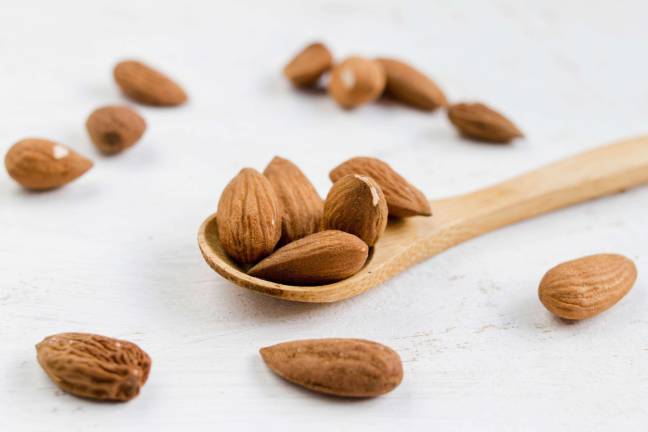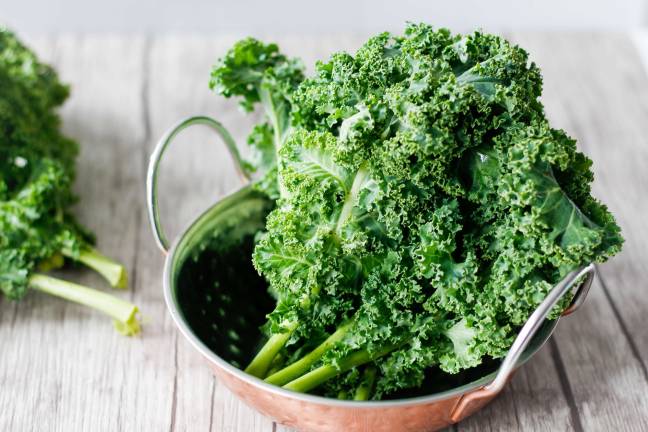Here’s the good news: New York State is ranked in the top ten for having the lowest adult obesity rate across the country. Now the bad news: In New York City, more than half of adult New Yorkers are either overweight (34 percent) or obese (22 percent), despite those new biking lanes and fruit and vegetables stands on every corner. This is likely due to the availability of food 24/7 in our great city.
We know that being overweight increases the risk for diabetes, heart disease, strokes, high blood pressure, arthritis and some types of cancer, but it is also causing another problem: malnourishment. People with obesity may consume an excessive proportion of unhealthy foods low in nutritional values. These include carbohydrates derived from refined sugar, white rice, fat, and oil. In addition, intake of fruit and vegetables may be limited. Studies of obese patients prior to bariatric surgery were found to have deficiencies in such micronutrients as vitamin D, iron and vitamin C.
At any given time, 45 percent of women and 30 percent of men are trying to lose weight and $33 billion is spent annually on diet books and diet plans. So what are some of the most popular diets out there — and do they really work to help lose weight, keep it off and won’t starve us? Here are a few for you to digest:
Weight Watchers uses a points system, whereby points are assigned to certain foods. People are given a total number to aim for each day. Foods high in nutrients and are more filling and have fewer points. This enables patients to exercise portion control and moderate the amount of food they are consuming. A possible downside is that these are often prepared foods. Some people consider it less clean and fresh eating.
The Keto Diet was originally the Atkins Diet and it’s a low-carbohydrate diet that is higher in fat, particularly unhealthy saturated fats. It has been shown to provide weight loss in the first six months; however, this effect can sometimes be reversed once patients increase their carbohydrate intake. It decreases triglyceride concentrations and increase HDL (good cholesterol) concentrations in some patients. With limiting the amount of grains as well as some fruits, there is a risk of micronutrient and vitamin deficiencies.
The Flexitarian Diet is new and encourages people to eat mostly vegetarian.
The TLC (Therapeutic Lifestyle Changes) diet is meant to help people cut down on high cholesterol foods, and fast foods and eat more fiber.
The Mediterranean Diet is a very popular diet, although not specifically designed for weight loss; it puts fruits and vegetables high on the food pyramid, with lots of fish and seafood, nuts, and legumes. There is little red meat and sweets, but you are definitely allowed wine and olive oil. The 2013 Lyon Diet Heart Study put this diet on the map as it found that there was a 73 percent reduction of coronary events for high-risk patients after 27 months with this diet and that it lowered blood pressure and cholesterol. Benefits are not as clear in terms of preventing cancers, but olive oil and eating fruits, such as tomatoes, and vegetables that are high in fiber are associated with benefits for colon cancer risks. Sticking to this diet seems to work and there are not many pitfalls with it.
DASH (Dietary Approaches to Stop Hypertension) Diet is particularly effective for people suffering with high blood pressure as it’s lower in sodium than the normal American diet. Eighty million people have hypertension and only half of them are currently controlling their blood pressure. The DASH diet includes foods rich in protein, fiber, potassium, magnesium and calcium, fruits, veggies, beans, nuts, whole grains and low-fat dairy. Fats are limited as well as sweets. The downfall here is that these foods tend to be more expensive versus nutrient-deficient foods, such as junk food, that are easily accessible and less expensive.
Mind is a mixture of DASH and the Mediterranean Diet and is aimed at helping brain function and curb brain decline. More research is needed to confirm this, but the diet includes brain-healthy food such as leafy greens, nuts, berries, beans, whole grains, and avoids meat, dairy, sweets and fast food.
WHOLE30 is not a weight-loss diet, but a 30-day guide that claims to manage allergies, digestive issues and chronic pain. It excludes sugar, alcohol, grains, legumes and dairy. There’s no cheating, and some folks may be at risk for a loss of intake of calcium and vitamin D because of the elimination of dairy, grains and legumes.
Then there’s Ornish, LEARN (Lifestyle, Exercise, Attitudes, Relationship and Nutrition), The Zone, fasting diets and I could go on and on. But keep in mind there’s also a popular non-dieting approach to losing weight called Mindful Eating. This focuses on behavioral modifications and gaining awareness of hunger and full sensations based on internal cues, and recognizing emotional eating to reduce unhealthy obesity-related eating behaviors.
So with the plethora of diets to choose from, here are some guidelines to keep in mind:
• Before starting a diet, consider consulting your physician.
• Try to find a nutritious weight-loss diet plan based on your food preferences and make sure it’s easy enough to follow.
• Try to cook more at home whenever possible as there will likely be an automatic decrease in the amount of saturated fat and calories when compared to typically prepared foods. Also restaurant portions (including takeout) are much larger than what we actually need to eat in one meal.
• If eating healthier seems more expensive, work around it. Consider local farmers markets, frozen vegetables and meats as they tend to be less expensive.
• If a diet is going to be restrictive, consider taking a multi-vitamin.
• Make sure to include exercise as part of your weight-loss plan.
• Sticking to your nutritious diet long-term is more preferable to losing quick fast weight that may deprive you of important nutrients and may be so restrictive up give up.
And, of course, talk to a dietitian or gastroenterologist. Our job is to help you sort it all out.
Dr. Joshua Novak is an Assistant Professor in the Department of Medicine, The Dr. Henry D. Janowitz Division of Gastroenterology, Icahn School of Medicine at Mount Sinai.

